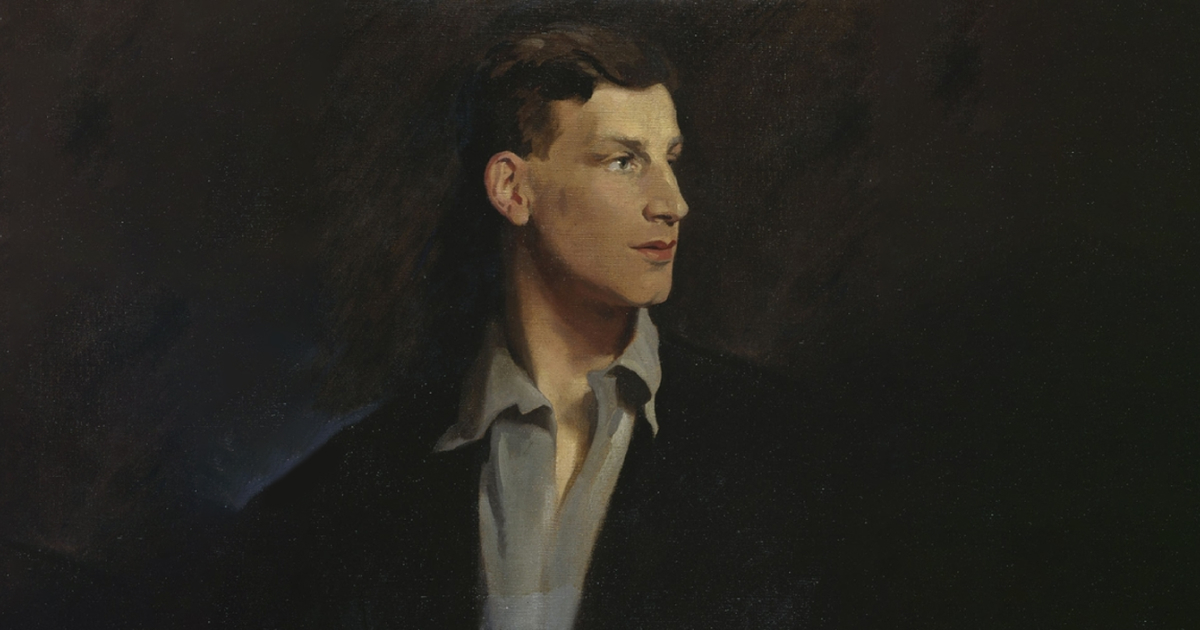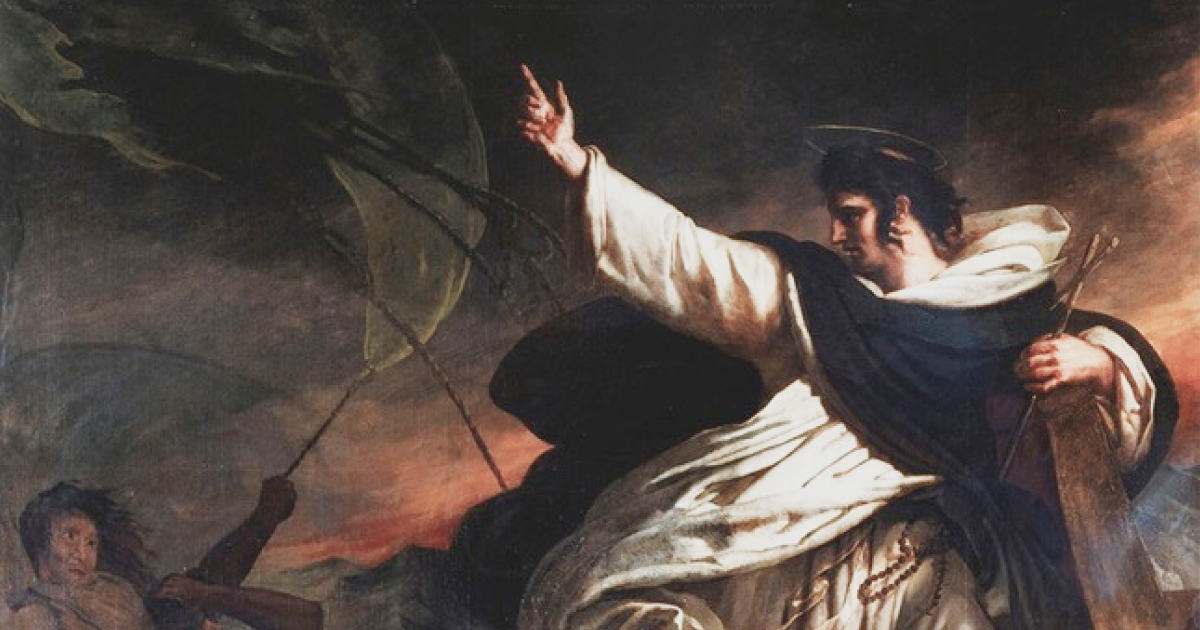For the first time, this 4 July a British General Election will be fought in part over Islamic ideology.
There are currently four constituencies where Muslims constitute over 50 per cent of the electorate in 2024. Tim Dieppe, Head of Public Policy at Christian Concern, has published figuresshowing the slow steady growth of Islamic influence in the British Electorate.
A recent report revealed that Islam is the largest minority religion in 129 of the 220 most marginal seats in this UK General Election.
The influence of marginal seats has been highlighted by Rishi Sunak in the run up to the vote, suggesting that a small number of disillusioned conservatives are all it would take to deliver a hung parliament.
It was a shock to many people to discover that after the local elections a few months previously, Muslims who stood for office in different parties and were elected, then claimed a victory for Palestine in their fight against Israel.
In one ward, the British Green Party candidate Mothin Ali, who won the Gipton and Harehills seat in Leeds with 3,070 votes, proclaimed his election was a “win for the people of Gaza”.
After the results were announced, he shouted “Allahu Akbar!” while supporters unfurled a Palestinian flag behind him.
However hospitable and multicultural one wants to be, hearing the victory cry of militant Islam, the “Allahu Akbar” found on the lips of too many practitioners of terror in a crumbling Europe, felt like a warning signal for the emergence of a new political landscape.
Our democracy has been taken by surprise.
RELATED: England’s ‘Christian inheritance’ at stake in UK General Election
The last five decades have constituted a relentless struggle between an ever-aggressive atheism and the remnants of the formerly Christian society and culture whose ethics it was repudiating.
The presumption, which seemed to be inevitably emerging from this confrontation, was that the age of religious allegiance was over, and a pragmatic secularism would replace it.
Certainly, the New Atheists were convinced this would be the outcome.
The problem with their analysis lay in their mistaken reading of human nature. The religious instinct which is integral to making sense of both our consciousness and mortality was more important than the secularism allowed.
In part this accounted for their being blindsided by the emergence in Europe of Islam.
The category errors continued one by one. Islam was very different from Christianity in ways which made it immune to the Enlightenment. It was very different in that it constitutes a hybrid between being both a religion and an indomitable political theory.
Whatever economic or philosophical criteria lay behind welcoming Islamic immigration into Europe, it is clear that the politicians who did so were so bemused by multiculturalism that they had no idea what the political implications would turn out to be.
We are only just at the beginning of the process of finding new trains of thought in the UK as we suddenly discover with this election that the presence of Islam is going to change the face of British politics.
The French have known this rather longer, though they still have no solutions. But at least they have been thinking about it.
Michel Houellebecq wrote a novel Submission which by some strange dark synchronicity was published on the same day as the Charlie Hebdo assassinations.
In it he developed a narrative in which the hero (a European Everyman) finds himself compromised, as he is on every side, and making choices which seem inevitably to lead to his conversion to Islam – which doesn’t compromise.
In his novel, Houellebecq set the scene as one of a massive political upheaval that France undergoes in front of the narrator’s (and reader’s) eyes.
An election is coming up, and the mood across the country is tense, there are armed street battles and riots in several towns, right-wing radicals clash with various ethnic groups, and yet the media avoid writing about it; the problem is played down, and people seem weary and resigned.
In the novel, the unpopular Left becomes so terrified of a Le Pen victory that it decides the only course open to it to resist Le Pen’s Right is to make an allegiance with a newly minted French Islamic party, and together they set out to govern. But the price is the complete surrender of the French education system to Islamic allegiance.
Writing before 2015 he set the novel in 2022. As the events of 2024 unfold, much of what he foresaw has broken surface.
The Left are indeed terrified and enraged by the prospect of a resurgent Right, but he was wrong about Islam emerging in the form of a political party. Not yet.
Instead, the melee has morphed into a mob which has taken control of the French streets under the ubiquitous banner of the Palestinian flag, and is burning parts of the city in protest against the practice of democratic choice.
While in other parts of Paris, the victorious Right is gathering under the French Tricolour singing La Marseillaise.
Europe is waiting with bated breath to see what the outcome will be.
And in the United Kingdom's elections?
The decay, incompetence and collapse of our liberal Conservatism has masked what was otherwise going to emerge in our own electoral process.
But the prelude to the election did expose the underlying implications of the growing number of Islamic voters here. An antisemitism, which should after the gas chambers of Auschwitz have been unthinkable and impossible, has been revived.
And not by Nazis, not by the elderly Le Pen and his like, not by the so-called “far-right”. But in the name of Mohammed. The implacable hatred of Jews inscribed in the Koran appears ready to leak into the foreign policy of his Majesty’s new government.
The Islamic vote has gone overwhelmingly to Labour historically, although the mercurial George Galloway demonstrated that it was not because Muslims are socialists, rather they could be wooed elsewhere by a more astute identification with Islamic values and prejudices.
RELATED: You know British politics is out of kilter when George Galloway appears a feasible Catholic option
As it happens, the combination of first past the post and the collapse of Rishi Sunak means that Starmer does not need the Islamic vote to win enough votes to take power, but, just in case, the welcome that Labour gave to those whose hatred of Israel muddied the distinction between anti-Zionism and anti-Semitism provided a dangerous hostage to the future.
The collapse of Conservatism has pulled us back from the brink of deciding an election in part on the basis of acquiescing to some of those promoting or promising the extermination of Jews from the Jordan to the Mediterranean, another genocide that millions of voters around the world appear to be calling for.
However one interprets the demands of the informed Catholic conscience in political terms, defending the Jews from ethnic cleansing as well as protecting the Jewish communities who live amongst us and enrich us, must find its way to the top of our priorities.
It does not take an astute futurologist to foresee that this will inevitably, at some point in the future, if not sooner than later, produce a conflict of ideologies between the Catholic voter and our new neighbours, the growing Islamic demographic.
Photos: Protesters chant slogans and wave Palestinian flags as they stand in front of "Big Ben" at the Palace of Westminster, home to the Houses of Parliament, at the end of the 'National March for Gaza', London, England, 8 June 2024. (Photo by JUSTIN TALLIS/AFP via Getty Images.)
For the first time, this 4 July a British General Election will be fought in part over Islamic ideology.
There are currently four constituencies where Muslims constitute over 50 per cent of the electorate in 2024. Tim Dieppe, Head of Public Policy at Christian Concern, has <mark style="background-color:rgba(0, 0, 0, 0)" class="has-inline-color has-vivid-cyan-blue-color"><a href="https://christianconcern.com/comment/the-influence-of-islam-on-the-election/">published figures</a> </mark>showing the slow steady growth of Islamic influence in the British Electorate.
A recent <a href="https://henryjacksonsociety.org/religiousdiversity/introduction.html"><mark style="background-color:rgba(0, 0, 0, 0)" class="has-inline-color has-vivid-cyan-blue-color">report</mark></a> revealed that Islam is the largest minority religion in 129 of the 220 most marginal seats in this UK General Election.
The influence of marginal seats has been highlighted by Rishi Sunak in the run up to the vote, suggesting that a small number of disillusioned conservatives are all it would take to deliver a hung parliament.
It was a shock to many people to discover that after the local elections a few months previously, Muslims who stood for office in different parties and were elected, then claimed a victory for Palestine in their fight against Israel.
In one ward, the British Green Party candidate Mothin Ali, who won the Gipton and Harehills seat in Leeds with 3,070 votes, proclaimed his election was a “win for the people of Gaza”.
After the results were announced, he shouted “Allahu Akbar!” while supporters unfurled a Palestinian flag behind him.
However hospitable and multicultural one wants to be, hearing the victory cry of militant Islam, the “Allahu Akbar” found on the lips of too many practitioners of terror in a crumbling Europe, felt like a warning signal for the emergence of a new political landscape.
Our democracy has been taken by surprise.<br><br><strong>RELATED: <a href="https://catholicherald.co.uk/englands-christian-inheritance-at-stake-in-uk-general-election/"><mark style="background-color:rgba(0, 0, 0, 0)" class="has-inline-color has-vivid-cyan-blue-color">England’s ‘Christian inheritance’ at stake in UK General Election</mark></a></strong>
The last five decades have constituted a relentless struggle between an ever-aggressive atheism and the remnants of the formerly Christian society and culture whose ethics it was repudiating.<br><br>The presumption, which seemed to be inevitably emerging from this confrontation, was that the age of religious allegiance was over, and a pragmatic secularism would replace it.
Certainly, the New Atheists were convinced this would be the outcome.
The problem with their analysis lay in their mistaken reading of human nature. The religious instinct which is integral to making sense of both our consciousness and mortality was more important than the secularism allowed.
In part this accounted for their being blindsided by the emergence in Europe of Islam.
The category errors continued one by one. Islam was very different from Christianity in ways which made it immune to the Enlightenment. It was very different in that it constitutes a hybrid between being both a religion and an indomitable political theory.
Whatever economic or philosophical criteria lay behind welcoming Islamic immigration into Europe, it is clear that the politicians who did so were so bemused by multiculturalism that they had no idea what the political implications would turn out to be.
We are only just at the beginning of the process of finding new trains of thought in the UK as we suddenly discover with this election that the presence of Islam is going to change the face of British politics.
The French have known this rather longer, though they still have no solutions. But at least they have been thinking about it.
Michel Houellebecq wrote a novel <em>Submission</em> which by some strange dark synchronicity was published on the same day as the Charlie Hebdo assassinations.
In it he developed a narrative in which the hero (a European Everyman) finds himself compromised, as he is on every side, and making choices which seem inevitably to lead to his conversion to Islam – which doesn’t compromise.
In his novel, Houellebecq set the scene as one of a massive political upheaval that France undergoes in front of the narrator’s (and reader’s) eyes.
An election is coming up, and the mood across the country is tense, there are armed street battles and riots in several towns, right-wing radicals clash with various ethnic groups, and yet the media avoid writing about it; the problem is played down, and people seem weary and resigned.
In the novel, the unpopular Left becomes so terrified of a Le Pen victory that it decides the only course open to it to resist Le Pen’s Right is to make an allegiance with a newly minted French Islamic party, and together they set out to govern. But the price is the complete surrender of the French education system to Islamic allegiance.
Writing before 2015 he set the novel in 2022. As the events of 2024 unfold, much of what he foresaw has broken surface.
The Left are indeed terrified and enraged by the prospect of a resurgent Right, but he was wrong about Islam emerging in the form of a political party. Not yet.
Instead, the melee has morphed into a mob which has taken control of the French streets under the ubiquitous banner of the Palestinian flag, and is burning parts of the city in protest against the practice of democratic choice.
While in other parts of Paris, the victorious Right is gathering under the French Tricolour singing <em>La Marseillaise</em>.
Europe is waiting with bated breath to see what the outcome will be.
And in the United Kingdom's elections?
The decay, incompetence and collapse of our liberal Conservatism has masked what was otherwise going to emerge in our own electoral process.
But the prelude to the election did expose the underlying implications of the growing number of Islamic voters here. An antisemitism, which should after the gas chambers of Auschwitz have been unthinkable and impossible, has been revived.
And not by Nazis, not by the elderly Le Pen and his like, not by the so-called “far-right”. But in the name of Mohammed. The implacable hatred of Jews inscribed in the Koran appears ready to leak into the foreign policy of his Majesty’s new government.
The Islamic vote has gone overwhelmingly to Labour historically, although the mercurial George Galloway demonstrated that it was not because Muslims are socialists, rather they could be wooed elsewhere by a more astute identification with Islamic values and prejudices. <br><br><strong>RELATED: <a href="https://catholicherald.co.uk/you-know-british-politics-is-out-of-kilter-when-george-galloway-appears-a-feasible-catholic-choice/?swcfpc=1"><mark style="background-color:rgba(0, 0, 0, 0)" class="has-inline-color has-vivid-cyan-blue-color">You know British politics is out of kilter when George Galloway appears a feasible Catholic option</mark></a></strong>
As it happens, the combination of first past the post and the collapse of Rishi Sunak means that Starmer does not need the Islamic vote to win enough votes to take power, but, just in case, the welcome that Labour gave to those whose hatred of Israel muddied the distinction between anti-Zionism and anti-Semitism provided a dangerous hostage to the future.
The collapse of Conservatism has pulled us back from the brink of deciding an election in part on the basis of acquiescing to some of those promoting or promising the extermination of Jews from the Jordan to the Mediterranean, another genocide that millions of voters around the world appear to be calling for.
However one interprets the demands of the informed Catholic conscience in political terms, defending the Jews from ethnic cleansing as well as protecting the Jewish communities who live amongst us and enrich us, must find its way to the top of our priorities.
It does not take an astute futurologist to foresee that this will inevitably, at some point in the future, if not sooner than later, produce a conflict of ideologies between the Catholic voter and our new neighbours, the growing Islamic demographic.<br><br><em>Photos: Protesters chant slogans and wave Palestinian flags as they stand in front of "Big Ben" at the Palace of Westminster, home to the Houses of Parliament, at the end of the 'National March for Gaza', London, England, 8 June 2024. (Photo by JUSTIN TALLIS/AFP via Getty Images.)</em>






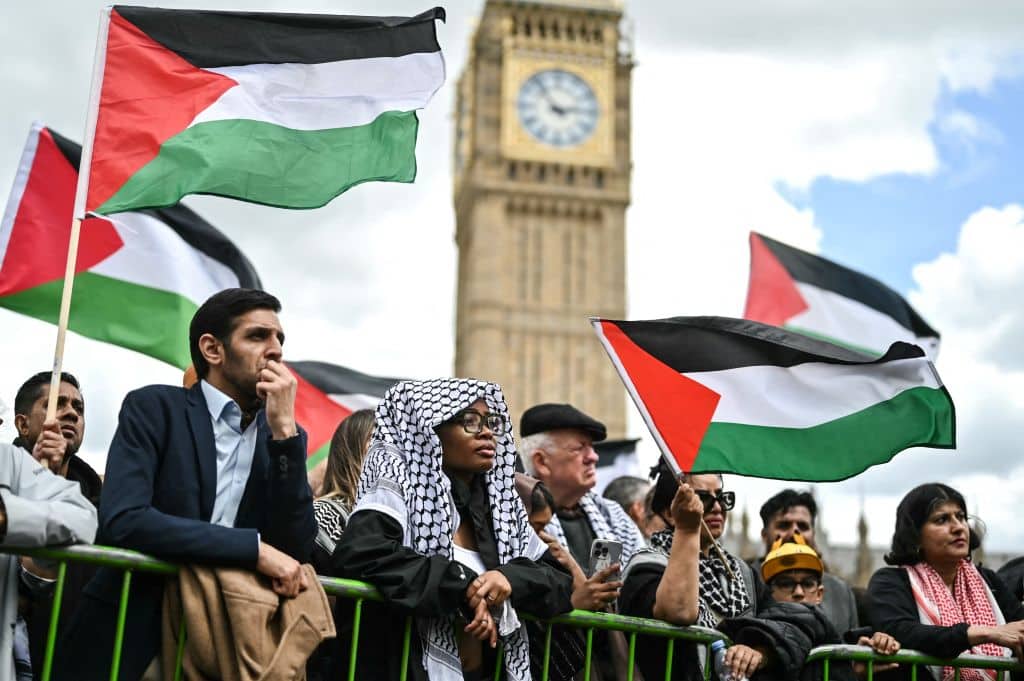


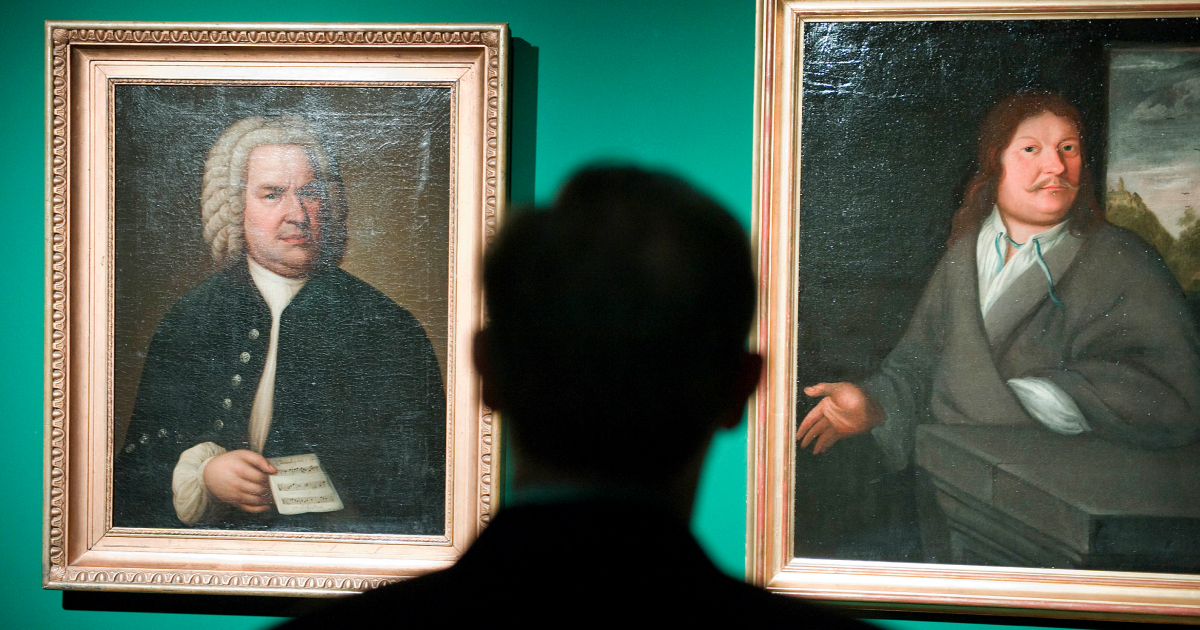
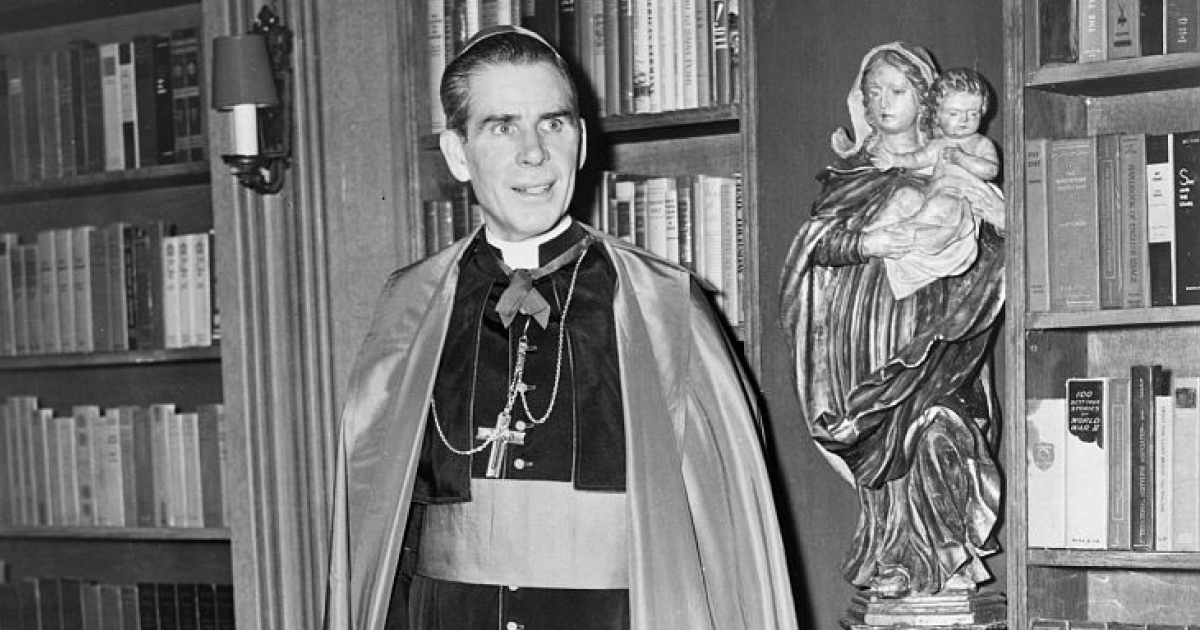
.jpg)

